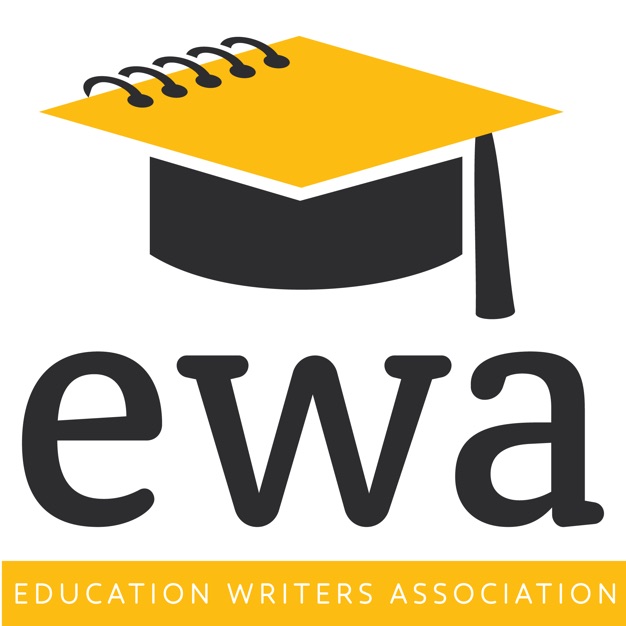
EWA Radio
Education Writers Association
EWA, the professional organization dedicated to improving the quality and quantity of education coverage in the media, hosts regular interviews and panel discussions with journalists and education professionals.
- 24 minutes 34 secondsHow Religious Colleges Discriminate Against LGBTQ+ Students
Former evangelical insider Deborah Jian Lee explains how over 200 federally funded religious schools – with nearly one million students – exploit the religious exemption from Title IX, the federal policy that protects students from discrimination.
These schools violated the civil rights of Journey Mueller, who was forced out of her Christian college in Colorado, and countless LGBTQ+ students, all with the blessing of taxpayer dollars. “Persecution in the Name the Lord,” which Jian Lee wrote for Esquire and Economic Hardship Reporting Project, won the EGF Accelerator’s Eddie Prize at this year’s National Awards for Education Reporting ceremony. Jian Lee, a senior editor with the Economic Hardship Reporting Project, shares story ideas at the intersection of religion and higher education with EWA Public Editor Emily Richmond.
22 October 2024, 8:00 pm - 23 minutes 3 secondsNew (School) Year, New Stories
Laura Meckler, the award-winning national education reporter for The Washington Post, shares the top stories in her notebook for the coming academic year.
Hear why she’s tracking cellphone bans, her advice for covering contentious school board elections, and how to put the so-called “culture wars” into context for your audiences.
She and EWA Public Editor Emily Richmond also discuss why K-12 reporters should be paying attention to civics classes and youth voters, and why expanding – and costly – school voucher programs should be on your radar this fall.
24 September 2024, 8:00 pm - 29 minutes 31 secondsThe Higher Ed Stories You Need to Know
College presidents, campus protests and student debt: Oh my!
It’s going to be a hectic academic year for many postsecondary institutions, as investigative reporter Michael Vasquez of The Chronicle of Higher Education explains.
He and EWA Public Editor Emily Richmond brainstorm on what they’d like to see reporters tackling this fall and into 2025. This includes community colleges, why enrollment downturns are an educational equity story and the expanding role of artificial intelligence.
10 September 2024, 8:00 pm - 23 minutes 33 secondsA Reporter’s Journey in the Heart of Texas
For Talia Richman of The Dallas Morning News, there’s no such thing as a slow news day.
Richman, recently named the nation’s top education beat reporter at the EWA Awards, shares how she balances the daily grind of school board meetings with enterprise pieces and investigations. Plus, hear the backstory on how her remarkable profile of a Black girl’s troubling journey through her middle school’s discipline system became a radio essay for “This American Life.”
13 August 2024, 8:00 pm - 22 minutes 58 secondsA Different Higher Ed Debt: Black Neighborhood ‘Uprooted’ for University Expansion
In Newport News, Virginia, the Black-owned neighborhood of Johnson Terrace was a thriving community until government officials used eminent domain to seize the land and expand a university.
Brandi Kellam of the Virginia Center for Investigative Reporting at WHRO spent two years digging into archives and building trust with the Johnson family. Along with her VCIR colleague Louis Hansen and Gabriel Sandoval, formerly of ProPublica, Kellam won the 2023 Fred M. Hechinger Grand Prize this year at EWA’s National Awards for Education Reporting.
She shares the backstory to the project and lessons for other journalists looking to combine historical research, data mining and narrative storytelling.
18 June 2024, 8:00 pm - 24 minutes 17 secondsLessons From the Early Ed Beat
Kyra Miles of Minnesota Public Radio is one of a handful of reporters nationally on the early learning beat, which often gets short shrift when it comes to news coverage.
That’s changed since the pandemic, amid greater awareness of how starkly the nation’s child care needs are outstripping available –and affordable – providers. Kyra shares how she made the transition from the K-12 beat to early learning, and what’s surprised her along the way.
21 May 2024, 8:00 pm - 17 minutes 4 secondsYour Guide to #ewa24 in Las Vegas
Whether you’re joining us in Las Vegas for the 77th National Seminar or looking ahead to a future EWA event, Public Editor Emily Richmond and The Chronicle of Higher Education Editor Daarel Burnette have you covered.
Burnette, also a member of EWA’s board of directors, shares his tips for making the most of the flagship conference. This includes how to choose which sessions to attend, what to pack, and where to look for story ideas and networking opportunities.
7 May 2024, 8:00 pm - 29 minutes 42 secondsWhat the FAFSA?!
The already stressful and arduous process of applying for college financial aid was supposed to be easier this year. Instead, the public saw the meltdown of the Free Application for Federal Student Aid (FAFSA).
As the U.S. Department of Education scrambles to fix calculation errors, colleges and universities have had to hit pause on making admissions decisions, adding even more confusion to the mix.
Eric Hoover, a senior writer for The Chronicle of Higher Education, shares insights from his deep coverage, including implications for students, families and postsecondary institutions. What’s being done to help students from low-income backgrounds whose college prospects might have already been on shaky ground? And where should reporters proceed with extra caution in covering this complex and fast-changing story?
16 April 2024, 8:00 pm - 21 minutes 5 secondsWhy Black Teachers Quit
In Baltimore and many other school systems in Maryland, Black teachers are leaving at a higher rate than their colleagues of any other racial group. That tracks with national trends, and leaves too many schools with educator workforces that are significantly less diverse than the student populations they teach.
Kristen Griffith of The Baltimore Banner shares insights from her in-depth reporting on this issue. What’s driving the exodus in Maryland, and what interventions might help keep more Black teachers on the job?
2 April 2024, 8:00 pm - 1 hour 3 minutesFairer School Funding
Many state funding formulas allocate additional dollars for low-income students to level the playing field. But fewer account for concentrated poverty in communities, despite the additional challenges faced by schools serving large shares of economically disadvantaged students.
What is the impact of concentrated poverty on students? How might more resources be directed to high-poverty schools, and what other strategies might address these disparities and improve resource equity? And what are some story ideas for education reporters around school finance and concentrated poverty?
Experts John Affeldt, Public Advocates; Amber Arellano, The Education Trust-Midwest, and Ericka Weathers, University of Pennsylvania join host Emily Richmond at a special live episode of EWA Radio, recorded at SXSW EDU on March 6.
19 March 2024, 8:00 pm - 24 minutes 50 secondsWhen Private Schools Get Public Money
For a reporter who is not officially on the education beat, Alec MacGillis of ProPublica finds plenty to keep him busy, going deep into stories about how the COVID-19 pandemic continues to be felt in all aspects of lives of students and their school communities.
He joins EWA Radio to discuss his two newest pieces: a close look at a private company providing outreach services tracking down absent students in the hard-hit school systems of Detroit’s outer suburbs, and how private and parochial schools are cashing in on the funding bonanza of new and expanded school voucher programs that open the door to every student – regardless of family income.
12 March 2024, 8:00 pm - More Episodes? Get the App
Your feedback is valuable to us. Should you encounter any bugs, glitches, lack of functionality or other problems, please email us on [email protected] or join Moon.FM Telegram Group where you can talk directly to the dev team who are happy to answer any queries.
 EdNext Podcast
EdNext Podcast
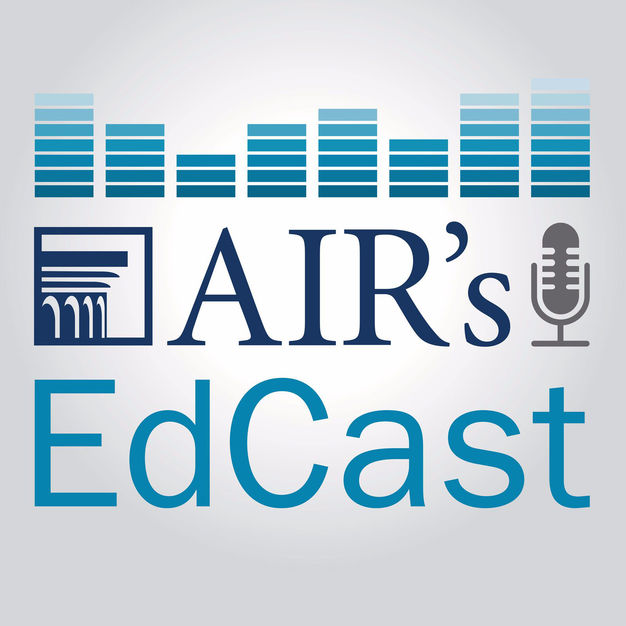 AIR's EdCast
AIR's EdCast
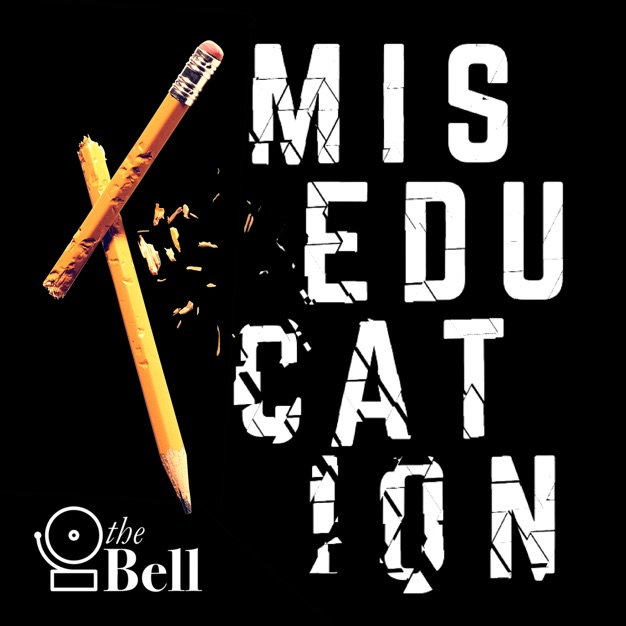 Miseducation
Miseducation
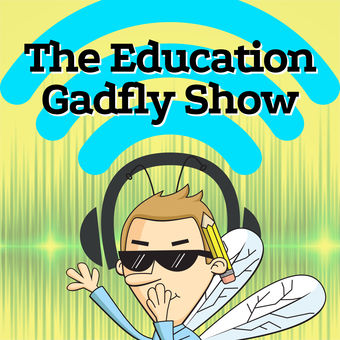 The Education Gadfly Show
The Education Gadfly Show
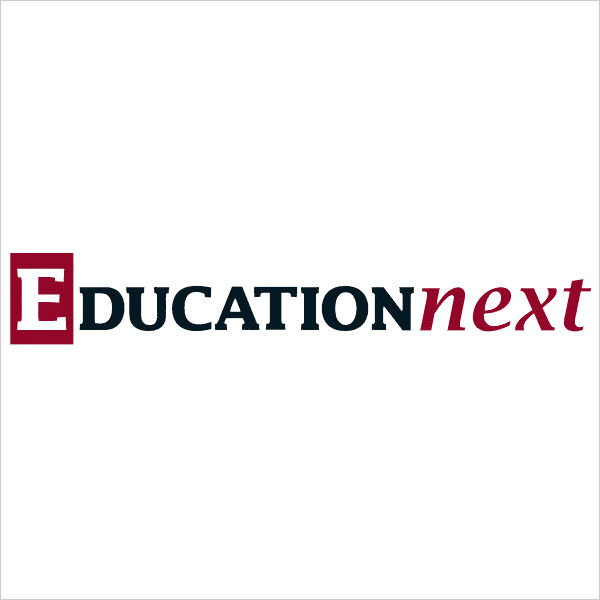 Education Next
Education Next
 Education Policy Cafe
Education Policy Cafe